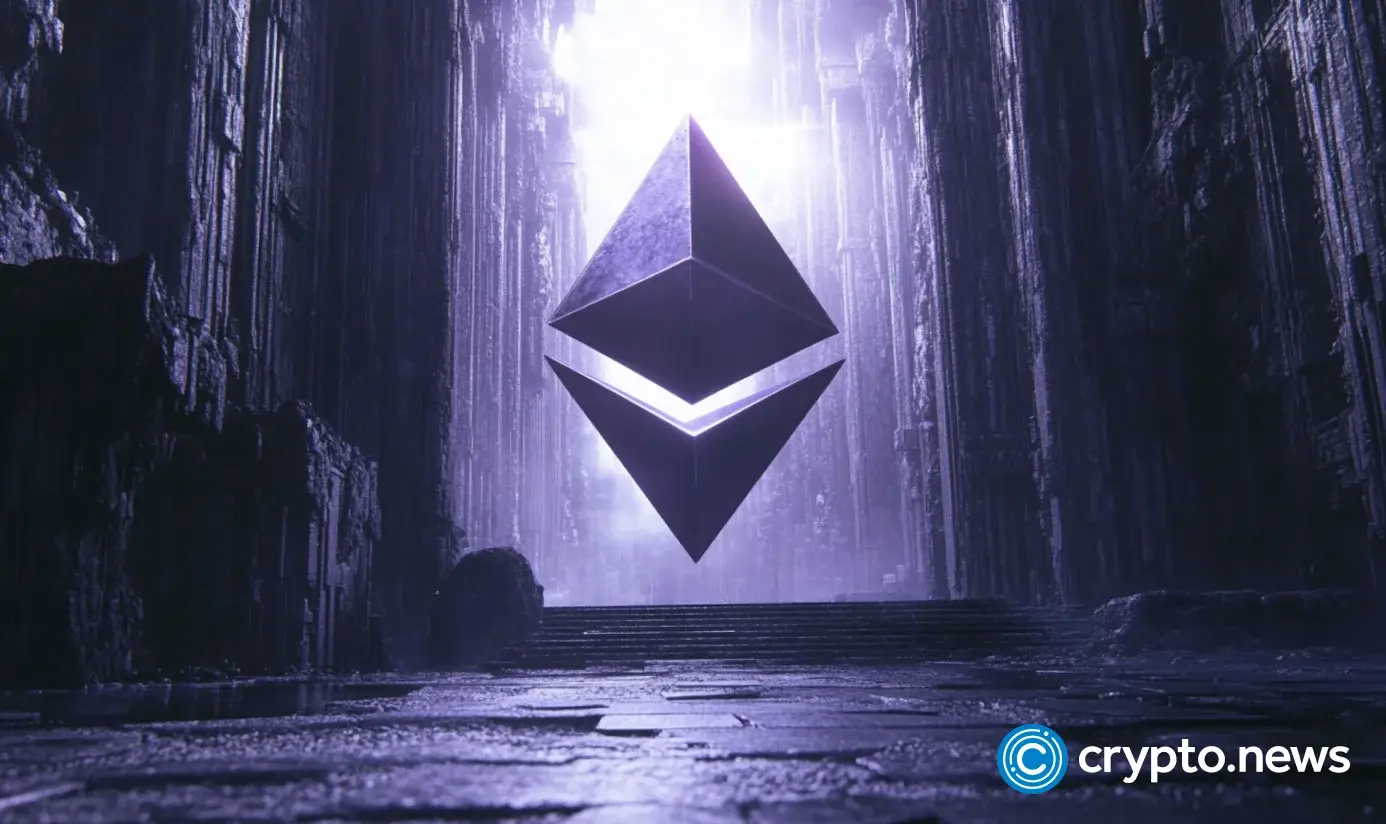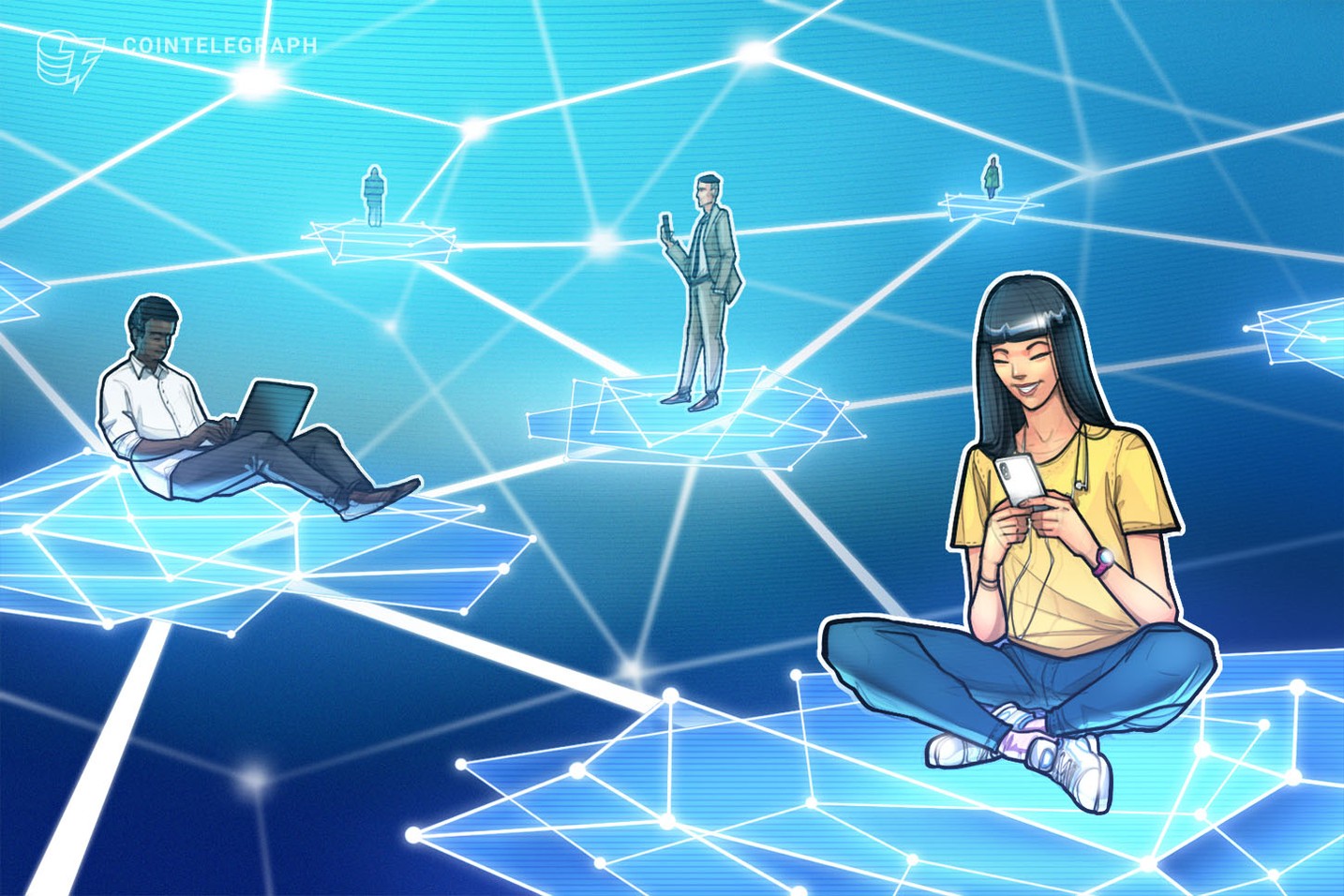About the WEF and “the great reset”
The World Economic Forum (WEF) is an international non-profit organization established in 1971 and based in Geneva, Switzerland. It is primarily known for hosting the annual “Davos” meeting of world economic and political leaders. The WEF’s mission is to “improve the state of the world by engaging business, political, academic, and other leaders in dialogue to shape global, regional, and industry agendas”. The WEF’s “Great Reset” is a proposal to address the economic and social impacts of the COVID-19 pandemic. The goal is to create an equitable and sustainable global economy where everyone can thrive. The WEF envisions a world in which businesses, governments, and civil society work together to develop a new social contract, with a focus on reducing inequality, protecting the environment, and promoting digital transformation. The WEF’s Great Reset initiative is focused on four key areas:
1. Reimagining Education: Advancing innovative curricula and learning approaches that are better suited to the digital age.
2. Reimagining Work: Supporting the transformation of work through new models of collaboration, organization, and technology.
3. Reimagining Business: Creating new business models that are more inclusive and sustainable.
4. Reimagining Governance: Strengthening public-private partnerships and the role of the state to better address global challenges.
All of these are euphemisms for the control of humankind.
The WEF is engaging a wide range of partners across the public and private sectors to develop and implement the Great Reset. It is also working with leaders from around the world to develop an action plan to drive the initiative forward. The goal is to create an equitable and sustainable global economy that works for everyone. Sounds good, doesn’t it? They try to make it sound so good for the world but if you do more research into this organization you will find it is nefarious to the core.
What is the World Economic Forum’s “Great Reset” and Why Should We Be Concerned?
The World Economic Forum’s “Great Reset” is a program that seeks to restructure the global economy and society in order to address the world’s most pressing challenges, such as inequality and “climate change”. The program calls for a new type of marxism that is more inclusive and sustainable for the planet. It also calls for a new “social contract” between business, government, and civil society that emphasizes collaboration and partnerships to create a more equitable, prosperous, and sustainable world. The Great Reset has raised some concerns among those who worry that it could be used to advance a particular political agenda. The initiative has been criticized for promoting a corporate-led agenda that could lead to an erosion of worker rights, environmental protections, and regulations. Furthermore, some fear that the Great Reset could be used as a tool to further concentrate economic power in the hands of a few large companies. Given the significance of the changes proposed by the Great Reset, it is important to ensure that any measures taken in its name are done in an open, transparent, and accountable manner. It is also important to ensure that any measures taken are in line with the principles of democracy, human rights, and social justice. Without proper safeguards, the Great Reset could lead to a further concentration of economic and political power, which could have a destabilizing effect on the world which it already has and must be opposed at all cost.
Understanding the Potential Risks of the World Economic Forum’s “The Great Reset” and How it Could Impact Humanity.
The World Economic Forum’s “The Great Reset” initiative is an ambitious global effort to build a more resilient, sustainable, and inclusive economy. The initiative seeks to create a “Fourth Industrial Revolution” by reshaping the world’s economic system through technological innovation and disruption. While this program has the potential to deliver a more prosperous and equitable future, it also carries with it some risks. One of the primary risks associated with the Great Reset is the potential for increased inequality. As technology advances, the gap between the wealthiest and the rest of society may widen. This could have serious consequences for social cohesion, as well as for economic growth. In addition, the concentration of power in the hands of a few could lead to a lack of transparency and accountability, and a decrease in public trust. Another potential risk is the potential for a lack of public consultation and participation. The Great Reset seeks to make sweeping changes to the world economy, and many of these changes could have a profound impact on people’s lives. Without meaningful consultation and participation from citizens, the initiative could lead to a lack of understanding of the potential consequences and a sense of alienation from the process. Finally, there is the potential for increased surveillance and control. As technology advances, governments and corporations may seek to use it to monitor and control people’s behavior. This could lead to a lack of privacy and autonomy, as well as the potential for abuse of power.
The World Economic Forum’s Great Reset initiative has the potential to deliver a totalitarian world and must be stopped. This organization and others have already been proven subversive and have infiltrated “governments” worldwide, make no mistake this organization and others like the UN, WHO, IMF, BIS etc, must be abolished without replacement. Human free will and liberty is at risk from “the great reset” and these subversive organizations that use social conditioning to control populations worldwide.





